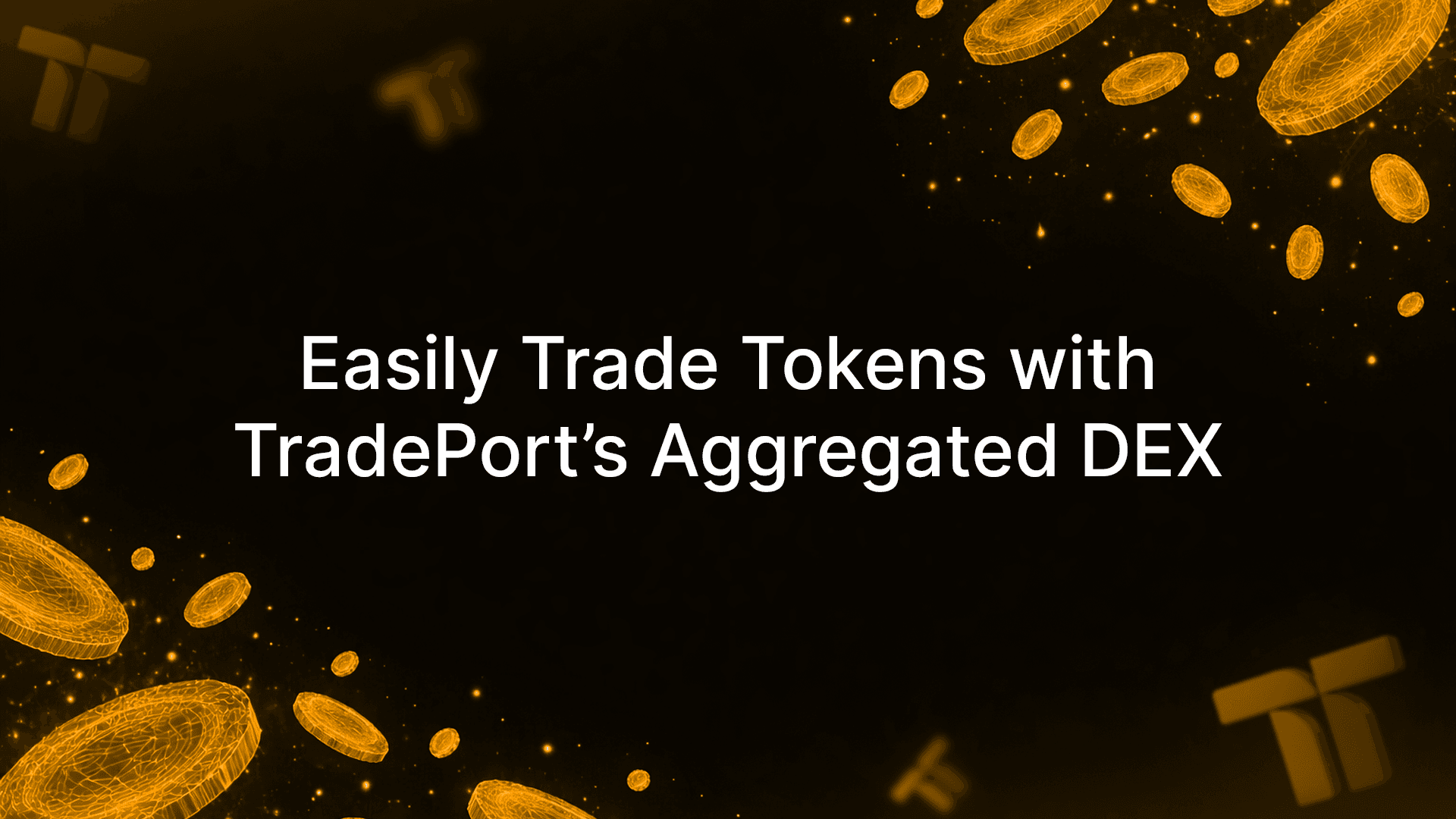In the dynamic world of cryptocurrency, keeping your crypto wallet secure is key. Cyber threats are more common now. Knowing how to keep your crypto wallet safe is essential. It protects your digital assets. We'll help give you the knowledge that will help you enhance the security of your crypto wallet.
Understanding Crypto Wallets
What is a Crypto Wallet?
A crypto wallet is a digital tool that allows you to store and manage your cryptocurrency holdings. There are several types of crypto wallets, each offering different levels of security and convenience. The main types of crypto wallets include:
1- Hot Wallets: These are connected to the internet, making them more convenient for frequent transactions. Examples include mobile wallets and web wallets.
2- Cold Wallets: These are offline wallets that provide enhanced security by keeping your private keys away from internet threats. Examples include hardware wallets and paper wallets.
Crypto wallets are imprtant for accessing, sending, and receiving cryptocurrencies. They store your private keys. You need these keys to authorize transactions on the blockchain.

Best Practices for Keeping Your Crypto Wallet Safe
Choose the Right Wallet
Selecting the right crypto wallet is the first step in ensuring your assets' security. Here are some factors to consider:
1- Security Features: Look for wallets that offer robust security features like two-factor authentication (2FA), multi-signature support, and biometric authentication.
2- Reputation: Choose wallets from reputable companies with a history of providing secure services. Check reviews and user feedback to gauge reliability.
3- Type of Wallet: Decide between a hot wallet (for convenience) and a cold wallet (for enhanced security). For large amounts of cryptocurrency, a cold wallet is often recommended.
Use Strong, Unique Passwords
Creating strong, unique passwords for your crypto wallets is vital. Here are some tips:
1- Length and Complexity: Your password should be at least 12 characters long and include a mix of letters, numbers, and special characters.
2- Avoid Common Words: Steer clear of easily guessable words or phrases. Use random combinations instead.
3- Password Management Tools: Consider using password managers like LastPass or Bitwarden to generate and store complex passwords securely.
Enable Two-Factor Authentication (2FA)
Two-factor authentication adds an extra layer of security by requiring a second form of verification in addition to your password. Here’s how to set it up:
1- Download an Authenticator App: Apps like Google Authenticator or Authy are widely used.
2- Link to Your Wallet: Follow the wallet’s instructions to link the app.
3- Verify: Enter the code provided by the app each time you log in.
Keep Your Private Keys Secure
Your private keys are the most critical component of your crypto wallet security. Here’s how to safeguard them:
1- Never Share: Keep your private keys confidential. Sharing them can lead to unauthorized access to your wallet.
2- Offline Storage: Store private keys offline, such as on a hardware wallet or a piece of paper stored in a secure location.
3- Avoid Digital Storage: Do not store private keys on cloud services or digital devices connected to the internet.
Use Hardware Wallets for Maximum Security
Hardware wallets are physical devices designed to securely store your private keys offline.
They offer the highest level of security for your crypto assets. Popular hardware wallets include:
1- Ledger Nano S/X: Known for their robust security features and ease of use.
2- Trezor: Offers a user-friendly interface and advanced security measures.

Protecting Your Crypto Wallet from Online Threats
Avoid Phishing Attacks
Phishing attacks are deceptive attempts by hackers to steal sensitive information such as usernames, passwords, and private keys by masquerading as a trustworthy entity. Here's how to protect yourself from phishing:
1- Recognize Phishing Attempts: Phishing emails often look like they come from legitimate sources. Look out for misspellings, suspicious links, and urgent requests for personal information.
2- Verify URLs: Always verify the URL before entering sensitive information. Use bookmarks to access websites directly rather than clicking on links from emails.
3- Use Anti-Phishing Tools: Consider using browser extensions and security software that offer phishing protection.
Steps to Take if You Suspect a Phishing Attack
1- Do Not Click: If you suspect an email or message is a phishing attempt, do not click any links or download attachments.
2- Report the Attempt: Report the phishing attempt to the appropriate platform or service provider.
3- Change Passwords: Immediately change passwords for any accounts that may have been compromised.
Use Secure Internet Connections
Using secure internet connections is crucial when accessing your crypto wallet. Here's why:
1- Dangers of Public Wi-Fi: Public Wi-Fi networks are often unsecured, making them a hotspot for hackers to intercept data.
2- Use a VPN: Virtual Private Networks (VPNs) encrypt your internet connection, making it more secure. Services like ClearVPN can provide enhanced security.
Tips for Ensuring a Secure Internet Connection
1- Avoid Public Wi-Fi: Use mobile data or a trusted private Wi-Fi network instead.
2- Enable Encryption: Ensure your home Wi-Fi network is encrypted (WPA3 is recommended).
3- Regularly Update Routers: Keep your router firmware up to date to protect against vulnerabilities.
Keep Your Software Up to Date
Keeping your crypto wallet software up to date is essential for maintaining security. Software updates often include patches for security vulnerabilities. Here's how to stay current:
1- Enable Auto-Updates: If possible, enable automatic updates for your wallet software.
2- Check for Updates Regularly: Manually check for updates if auto-updates are not available.

Offline Security Measures for Your Crypto Wallet
Back-Up Your Wallet
Backing up your crypto wallet is a critical step to ensure you don't lose access to your funds in case of device failure or loss. Here's how to effectively back up your wallet:
1- Create Multiple Backups: Make several copies of your wallet backup and store them in different secure locations.
2- Use Secure Storage Options: Consider using a combination of physical and digital storage solutions, such as encrypted USB drives, hardware wallets, and paper wallets.
3- Encrypt Your Backups: Encrypt your backup files to add an additional layer of security.
How to Back Up Your Crypto Wallet
1- Locate the Backup Feature: Most wallet applications have a built-in backup feature. Follow the instructions provided by your wallet.
2- Store the Backup Securely: Save the backup file to a secure location, such as an encrypted USB drive or an offline storage device.
3- Regularly Update Backups: Each time you make significant changes to your wallet (e.g., new transactions), update your backups accordingly.
Store Backup in Multiple Locations
Storing your wallet backups in multiple locations reduces the risk of losing access to your funds due to unforeseen events like theft, fire, or natural disasters. Here are some safe places to store your backups:
1- Safety Deposit Box: Rent a safety deposit box at a bank to store a copy of your backup.
2- Trusted Friends or Family: Entrust a copy of your backup to a trusted friend or family member.
3- Home Safe: Keep a copy of your backup in a home safe with fire and water protection.
By using these offline security measures, you can greatly improve the safety of your crypto wallet. They protect your assets from both online and offline threats. Next, we'll discuss what to do if your crypto wallet is hacked. We'll also cover how to respond well.

What to Do if Your Crypto Wallet is Compromised
Immediate Steps to Take
If you suspect that your crypto wallet has been compromised, act quickly to minimize potential losses. Here are the immediate steps you should take:
1- Disconnect from the Internet: Disconnect your device from the internet to prevent further unauthorized access.
2- Transfer Funds: Transfer your remaining funds to a secure wallet that has not been compromised.
3- Change Passwords: Update passwords for your wallet and any associated accounts (e.g., email, exchange accounts).
4- Enable Security Features: If not already done, enable additional security features such as 2FA on your new wallet.
Preventing Future Breaches
After addressing the immediate threat, focus on strengthening your security measures to prevent future breaches. Here are some steps to consider:
1- Analyze the Breach: Determine how the breach occurred and address any security vulnerabilities.
2- Update Security Protocols: Implement stricter security protocols based on lessons learned from the incident.
In short, to keep your crypto wallet safe, you need a multifaceted approach. It involves both online and offline security. Each step is vital for protecting your digital assets. Follow these practices. They will greatly reduce your risk of losing your cryptocurrency to cyber threats.
Curious about the crypto market? Visit TradePort.xyz! Our blogs keep you updated with the latest crypto trends and with our TradePort API, you can easily protect your digital assets and achieve success with your projects. Visit TradePort.xyz to meet all your crypto needs and gain a competitive edge!




